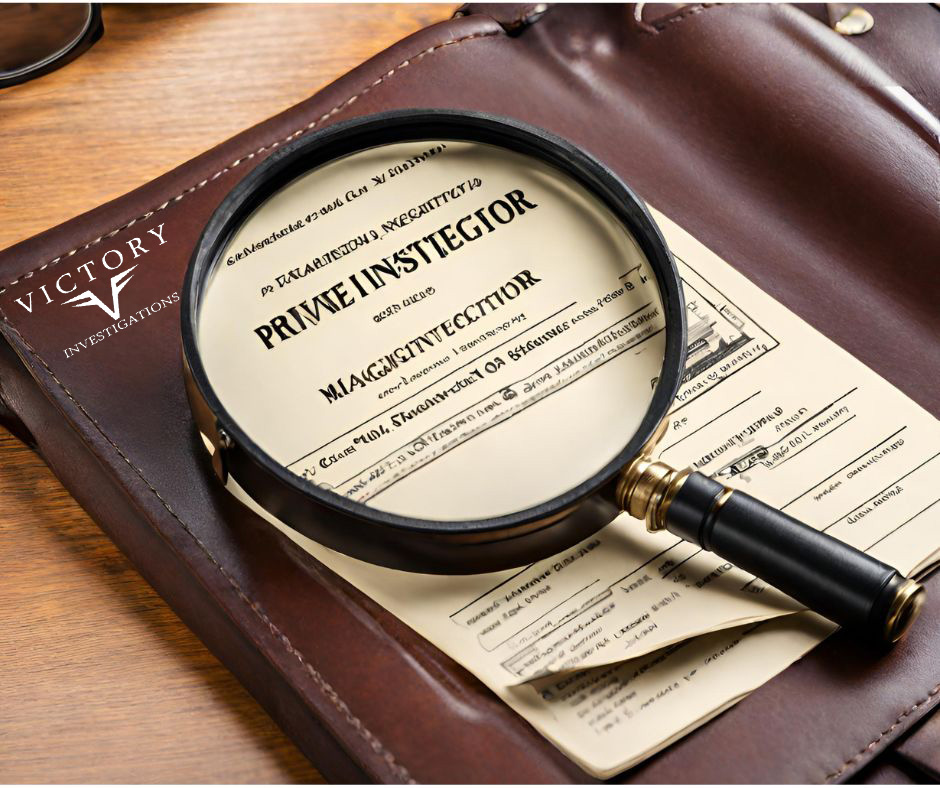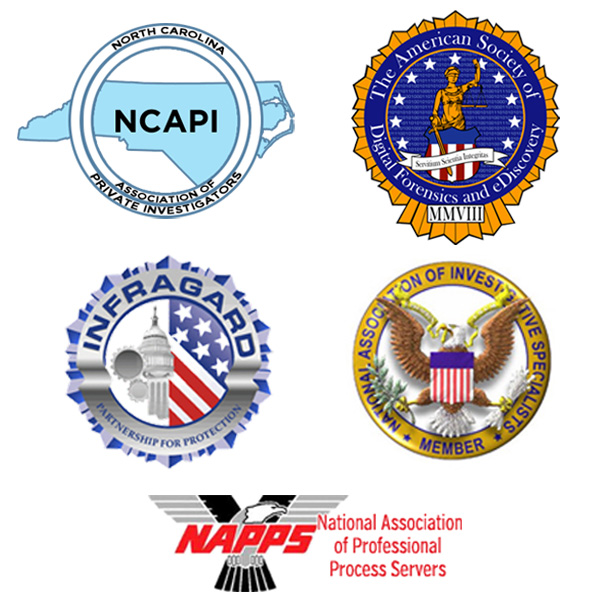Private investigation is often portrayed as an intriguing and glamorous profession, filled with suspenseful stakeouts and clever sleuthing. However, the reality of becoming a private investigator often involves navigating a maze of legal requirements and regulations, including the question of licensure. So, do you need a license to be a private investigator? Let’s discuss this question further and explore the licensing requirements across different states.

In the United States, the regulations regarding private investigator licensing vary from state to state. While some states require private investigators to obtain a license to practice legally, others do not have any licensing requirements in place. The decision to mandate licensure often depends on factors such as public safety, consumer protection, and the perceived need for regulatory oversight within the industry.
In addition to licensing, private investigation agencies and their investigators need to be insured or bonded. Investigators also will need to obtain continuing education to renew their credentials. The hours and means by which you obtain those credit hours will also vary by state. With that said, one can conduct private investigation services, without a license IF they are directly employed by an attorney. They will only conduct investigations for that attorney or firm.
States that Require A Private Investigator License
1. California: California is one of the states that has strict licensing requirements for private investigators. To become licensed, individuals must meet specific education and experience requirements, pass a state-administered exam, and undergo a background check. Licensed private investigators in California are regulated by the Bureau of Security and Investigative Services (BSIS).
2. Texas: Texas also requires private investigators to obtain a license before practicing in the state. Applicants must meet certain eligibility criteria, complete a state-approved training program, pass a licensing exam, and undergo a criminal background check. The Texas Department of Public Safety oversees the licensing process for private investigators in the state.
3. New York: Private investigators in New York must obtain a license from the New York State Department of State. The licensing requirements include completing a state-approved training program, passing a written exam, and meeting certain experience and character qualifications. Private investigators in New York are subject to stringent regulations and oversight by state authorities.
In addition to CA, TX, and NY; the following states all have their own licensing and educational requirements:
Arizona, Arkansas, Connecticut, Delaware, Florida, Georgia, Hawaii, Illinois, Indiana, Iowa, Kansas, Kentucky, Louisiana, Maine, Maryland, Massachusetts, Michigan, Minnesota, Missouri, Montana, Nebraska, Nevada, New Hampshire, New Jersey, New Mexico, North Carolina, North Dakota, Ohio, Oklahoma, Oregon, Pennsylvania, Rhode Island, South Carolina, Tennessee, Utah, Vermont, Virginia, Washington, West Virginia, Wisconsin
States that Do Not Require A License To Be A Private Investigator
1. Wyoming: Wyoming is one of the few states that do not have any licensing requirements for private investigators. As a result, individuals in Wyoming can practice as private investigators without obtaining a license or undergoing any formal training or certification. While there are no state-level regulations governing private investigators in Wyoming, individuals in this profession are still subject to federal laws and regulations.
2. Colorado: Colorado does not require private investigators to obtain a license to practice in the state. While there are no state-level licensing requirements, private investigators in Colorado may choose to join professional organizations or obtain certifications to demonstrate their expertise and credibility in the field. However, without state licensing, there is no formal regulatory oversight of private investigators in Colorado.
3. Mississippi: Mississippi is another state that does not have any licensing requirements for private investigators. As a result, individuals in Mississippi can work as private investigators without obtaining a license or undergoing any formal training or certification. However, private investigators in Mississippi must still adhere to federal laws and regulations governing their profession.
4. Alaska: The state of Alaska does not require licensing, however, the state’s biggest cities of Anchorage and Fairbanks have requirements that must be met before anyone can provide private investigator services.
Additionally, Idaho and South Dakota do not require licensing.

What Is Required To Become A Private Investigator?
Requirements for private investigator licensure vary significantly from state to state. Some states have no prerequisites regarding previous experience, while others impose strict requirements. For instance, Nevada mandates 10,000 hours of experience, while Maine necessitates six years. North Carolina requires 3,000 hours of field work, under a supervising, fully licensed private investigator. It is important to note that if you want to be a private investigator in north Carolina, the state will often off-set a portion of the required 3,000 hour, if the applicant has college hours or a degree in a major, such as criminal justice. They will also off-set hours for prior law enforcement experience, as long as that experience was in an investigative capacity. In most states, aspiring private investigators must possess a minimum of two years of related experience before obtaining a license.
What Does A Private Investigator Do?
Generally speaking, private investigators provide investigative services to uncover the truth. They are not sworn officers and cannot enforce laws. They are held to a high-standard of conduct and are typically required to have extensive experience, in order to provide services. PI’s can be generalists or specialize in specific types of services. Some of the specializations that private investigators practice are: surveillance, insurance fraud, electronic countermeasures, undercover operations, background research, skip tracing, witness locates, interviewing, service of process, digital forensics, and much more.
So, the answer to the question of whether you need a license to be a private investigator depends on the state in which you intend to practice. While some states have strict licensing requirements and regulations in place, others do not have any licensing requirements at all. If you are considering a career as a private investigator, it is essential to research the licensing requirements in your state and ensure compliance with any applicable regulations. Additionally, obtaining professional certifications and joining professional organizations can help enhance your credibility and expertise in the field, regardless of licensing requirements. Victory Investigations holds PI licenses in the following: Technical Surveillance Countermeasures and Digital Forensics, in addition to North Carolina Private Investigator License.





Speak Your Mind